Query:
SELECT * FROM station
Output:
id | stationname | total
-------------------------
1 | Khar | 5
2 | SantaCruz | 3
3 | Sion | 2
4 | VT | 1
5 | newFort | 3
6 | Bandra | 2
7 | Worli | 1
8 | Sanpada | 3
9 | Joe | 2
10 | Sally | 1
11 | Elphiston | 2
12 | Currey Road | 1
Is it possible to display all the record but with a condition that will display particular record at 1st position and below then display rest all records
E.g. my where condition is
where id=10
Desired output:
id | stationname | total
-------------------------
10 | Sally | 1
1 | Khar | 5
2 | SantaCruz | 3
3 | Sion | 2
4 | VT | 1
5 | newFort | 3
6 | Bandra | 2
7 | Worli | 1
8 | Sanpada | 3
9 | Joe | 2
11 | Elphiston | 2
12 | Currey Road | 1
Any idea, hint will be appreciated

